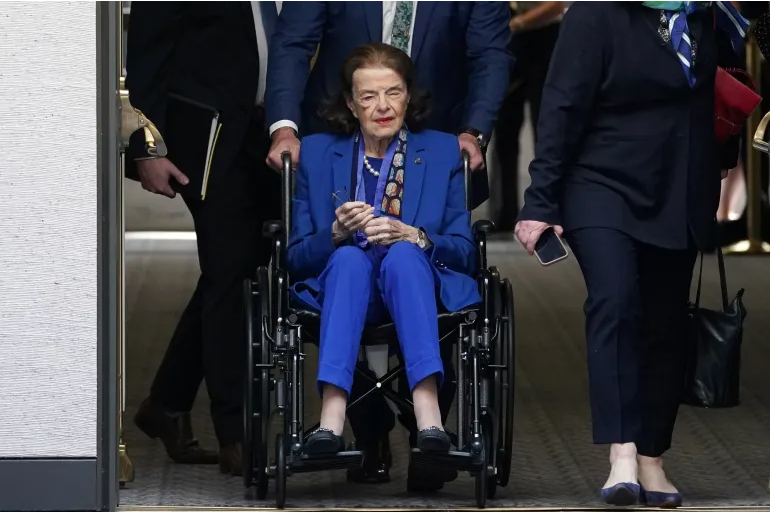
A perennial debate in American politics has been stirred up again: are our leaders in Washington too old, and if so, what should be done about it? The question has gained new significance as Joe Biden, already the oldest president in United States history at 80 years old, has officially launched his re-election campaign. At the moment, he is most likely headed for a rematch against Donald Trump, who turned 77 earlier this month.
Meanwhile, over in the Senate, Mitch McConnell, the longest-serving party leader in the chamber’s history, recently returned to work after injuries from a fall sidelined him for weeks, the second time he’s had such an accident in recent years. And Dianne Feinstein’s apparent mental decline has thrown a wrench in the Democratic legislative and judicial agenda, as her prolonged absence negates the party’s razor-thin majority.
These prominent examples have revived the debate over what to do about America’s ageing leadership. A number of commentators and politicians have called for the implementation of a maximum age limit for higher elected office. Others are pushing for mental competency tests for older officials.











